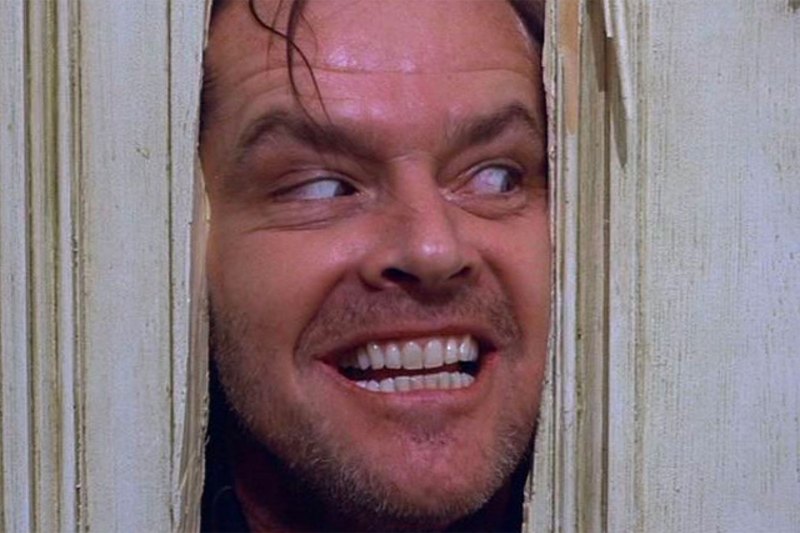
If filmmaking is art, Stanley Kubrick stands as one of the initiators of the prestige movie movement. Kubrick mastered his craft like a painter with a brush. He knew exactly what he wanted to say through a camera. He never wasted a single shot of a film, always micromanaging a production to the point of frustration for his cast and crew, but the audience was rewarded with unmatched quality on the big screen.
The best Stanley Kubrick movies nearly consist of the man’s entire library. He only made 13 full-length productions across his four decades in cinema, but this extra time in the oven made each movie a special story, unlike anything other directors were making. Modern directors like Christopher Nolan and David Fincher often try to match Kubrick’s heights, but there’s still a unique gravitas to the New York native’s films. Let’s look at the ten best!
10. Lolita (1962)

One of Stanley Kubrick’s most daring films, Lolita examines the infelicitous sexual desires of Humbert Humbert. The man is a literature teacher with clearly inappropriate musings, and the increased scrutiny on perversion in Hollywood today makes the subject matter a little outdated and jarring. Lolita depicts the dark aspects of romantic and sexual infatuation but still uses humor to satirize and lighten the mood. It’s based on the novel by Vladimir Nabokov.
9. Barry Lyndon (1975)

Barry Lyndon satiated Kubrick’s desire to show how class and money motivates humans in most relationships over true love. Ryan O’Neal puts in a memorable performance as Redmond Barry, a man who connives his way through life and uses charismatic manipulation to achieve higher social status through marriage. Kubrick’s attention to the time period (18th century) and setting (Europe) make the movie a treat for fans of historical dramas.
8. Paths of Glory (1957)

Stanley Kubrick movies are often fascinated with rebellious political positions and controversial opinions about government. Paths of Glory was the first big anti-war film that Kubrick directed and an iconic actor/director collaboration (the movie stars Kirk Douglas). Kubrick let everyone know how strongly he believed in other methods of political power outside of war with a loud protest of the mistreatment that soldiers receive while in the service.
7. Full Metal Jacket (1987)
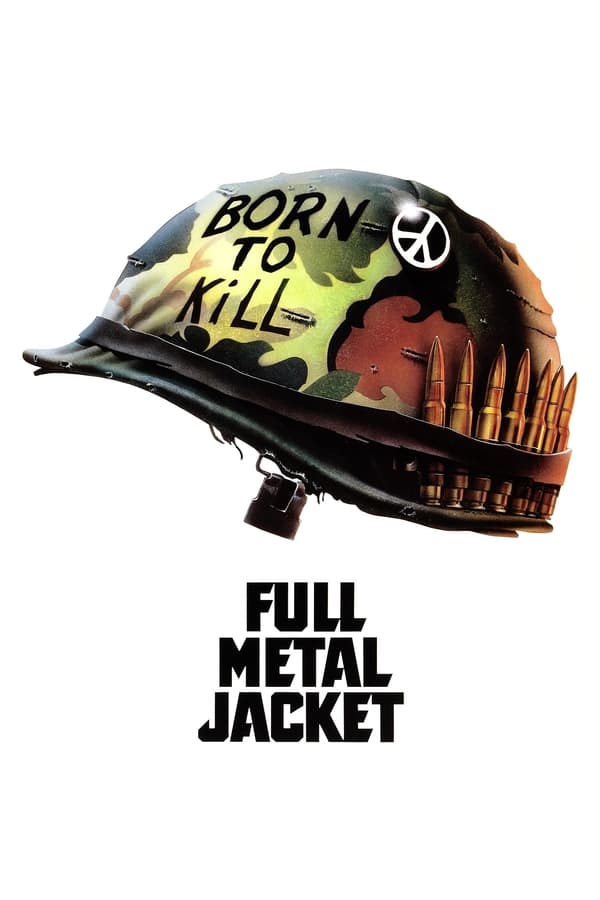
Full Metal Jacket is the other big war film Kubrick directed, and it ranks slightly higher due to the strong performance of Matthew Modine (who now is better known for his role on Netflix’s Stranger Things.) The story captures audiences with an in-depth portrayal of soldier struggles during the Vietnam War. While it doesn’t protest the violence the way Paths of Glory did, the focus on interpersonal relationships and abuse within the military is heightened by Kubrick’s experience behind the camera. Full Metal Jacket was one of Kubrick’s final blockbusters.
6. Spartacus (1960)

Lawrence Olivier and Kirk Douglas star in this classic Roman Empire story based on a novel by Howard Fast. The movie keeps up with Kubrick’s obsession with government revolts, as the title character uses his skills as a gladiator to form a revolution against the Romans. Spartacus is also famous for the efforts of blacklisted Hollywood screenwriter Dalton Trumbo (who viewers can learn more about through the interesting Bryan Cranston film Trumbo.)
5. The Killing (1956)

Stanley Kubrick’s first major film signaled an explosion onto the directing scene unlike any other. A zany yet sophisticated action/thriller/noir about career criminals whose only obstacle is a cunning spouse, The Killers brought newfound methods to Hollywood, such as creative lighting and modern suspense shots. Sterling Hayden deserves a shoutout as the protagonist.
4. A Clockwork Orange (1971)
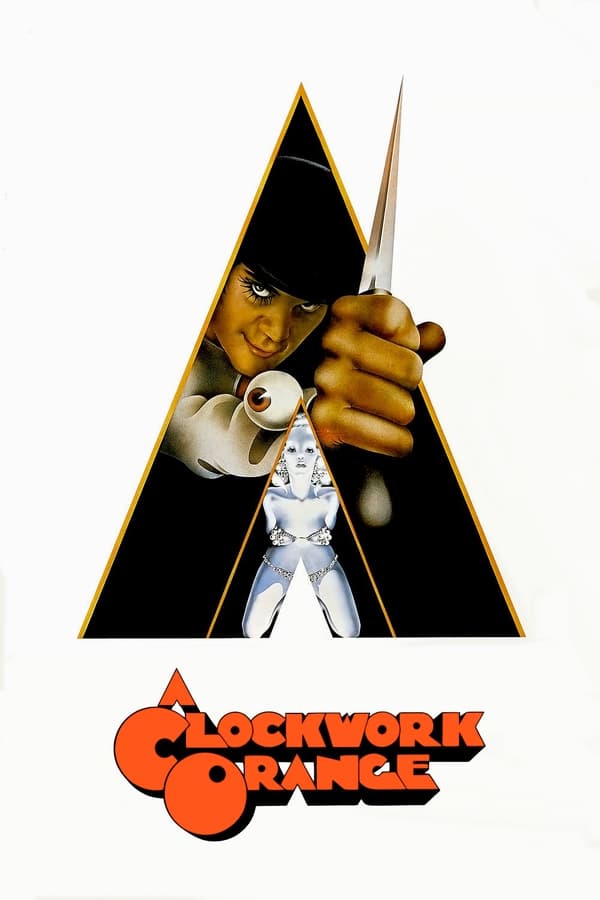
A Clockwork Orange would be any other director’s magnum opus, but for Stanley Kubrick it has to compete with several other masterpieces. Perhaps Kubrick’s most cultist film, the story overwhelms the viewer with morbidity through the eyes of Malcolm McDowell’s character, Alex. The government batters Alex with inhumane punishments and obscene consequences for his violent misdeeds, but all of the frightening imagery clearly symbolizes Kubrick’s opinion on government overreach. The film orchestrated a renaissance in high-class, provocative science fiction.
3. The Shining (1980)

Jack Nicholson and Stanley Kubrick working together was like Tom Brady and Bill Belichick dominating the NFL (the football fans reading understand this reference!) The Shining improved Stephen King’s source material by upping the visual horror stakes of Jack Torrance’s evil. Nicholson is bone-chilling like Torrance, a man who haunts his family in the wintry mountains even more so than the creepy hotel they’re staying at. Kubrick infamously forced Shelley Duvall to overwork herself in pursuit of perfection, but the results can’t be denied.
2. Dr. Strangelove or: How I Learned to Stop Worrying and Love the Bomb (1964)
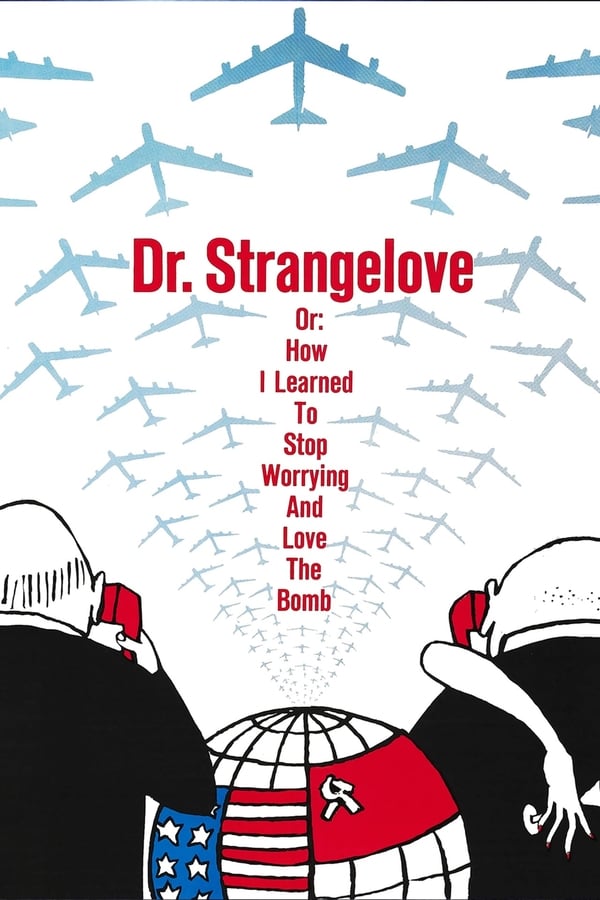
Stanley Kubrick’s uber-famous satire concerning the darkly comedic undertones of the Cold War stands as one of the best critiques of societal warfare ever put to screen. People who grew up in the mid to late 1900s remember how nuclear war hung over daily life, and Kubrick took a big swing at the situation with apt jokes and a respect for the audience. Dr. Strangelove will never be replicated.
1. 2001: A Space Odyssey (1968)
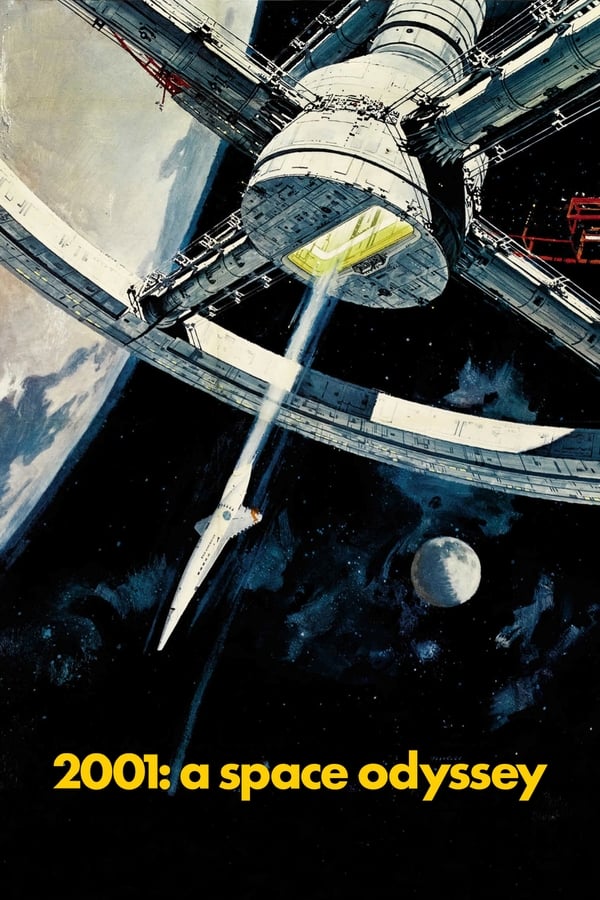
Of all the Stanley Kubrick movies that had something to say about humanity, 2001: A Space Odyssey takes the cake. The space exploration movie that expanded what was possible for the science fiction genre, Kubrick’s contemplation of potential aliens and the purpose of the universe combined thematic richness with a daring new technical standard. Movies like Interstellar and even Star Wars may not have been possible without this one.




